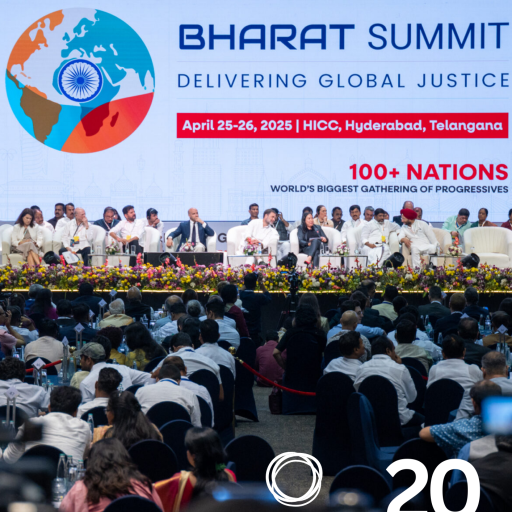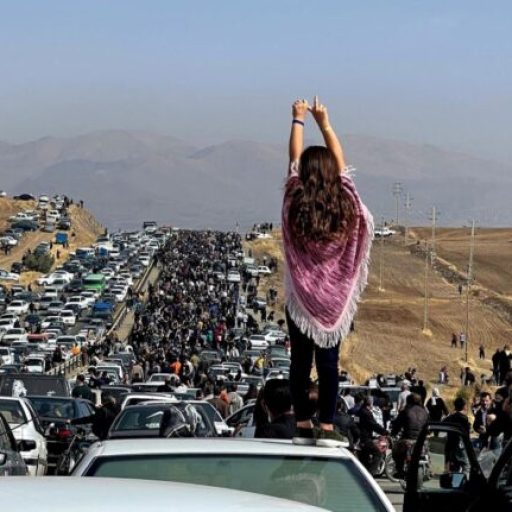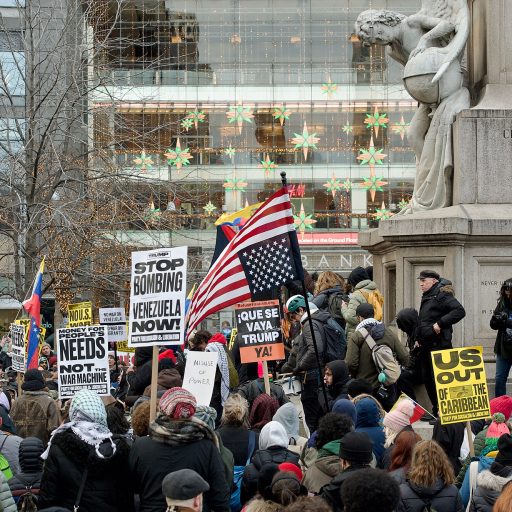1) Imagine, you win, what would it mean for Europe?
Martin Schulz: This May for the very first time the voters will have a say in who runs Europe. Their vote will decide who the next President of the European Commission is.
I strongly believe that the European Union must change. This European Parliament elections, will give us the opportunity to deliver the EU that the people of Europe deserve. A Europe that progresses, a Europe that protects, a Europe that performs.
During all these years of an EU conservative majority, we have fought for a strong, socially just and democratic Europe. But now it is time to lead from the front. Our political family of parties across 28 countries dedicated herself to fighting for a European Union that will bring back job creation, a productive economy, a sense of community and respect for people. We want to put the citizens back in charge and bring back hope to Europe’s youth.
2) The Progressive Alliance is actively engaged in the fight for Decent Work, Social Protection as a Human Right for all and inclusive growth. Where do you stand on these issues?
M. S.: Europeans, women and men, must have a decent job that allows a good quality of life. This is our first and main priority.
Yet here is the legacy of the economic policies of the last years, in stark figures: nearly 27 million Europeans who want to work cannot find a job, including nearly a quarter of our young people. 120 million in Europe are at or under the poverty threshold. Creating jobs for young people is a challenge which will define us, for this generation and the next, and will remain a key priority for us as part of our long-term commitment to full employment. Central to our job strategy is the full implementation of our Youth Guarantee plan. To make it successful, we will substantially increase its budget and extend it to everyone under the age of 30. To create jobs, we will introduce an ambitious European industrial policy and will support our Social Economy and our Small and Medium Enterprises. We will promote innovative green technologies and improve the performance of our economies.
We want to put an end to social dumping, by ending the practice of exploiting workers and precarious contracts that harm many Europeans. We want to promote social justice. We will insist on strong rules to guarantee equal pay for equal work, the protection of workers’ rights and quality jobs; on reinforcing trade unions’ rights, social dialogue and anti-discrimination legislation; improving the protection of workers posted in a different country by revising the Posting of Workers Directive; and promoting better cooperation at European level on labour inspections. We will introduce decent minimum wages across Europe, established either by law or through collective bargaining. The jobs we create must allow all our citizens to participate in the economy as proud equals.
The right wing has used neoliberal policies to cut provisions that have helped people bounce back after tough times. We will fight for a Europe that leaves no one behind. A decent income, the quality and affordability of education, of housing, including social housing, of healthcare, childcare and elderly care, as well as the adequacy of pensions are crucial components of our societies. To achieve these aims, the EU must support Member States in the effective and fair redistribution of wealth and opportunities. Binding targets on employment, education and social cohesion are essential. Social policy objectives must be respected in all European policies. We need to ensure that the EU is a real Social Union as much as it is an Economic Union: economic freedoms cannot outweigh social rights. We will give opportunities for Europeans to develop their potential by investing in education, skills, childcare provision, life-long learning, culture, student mobility, research, and knowledge.
3) What role do you foresee for the European Union worldwide?
M. S.: In a globalised and changing world, with conflicts and growing inequalities, Europe must be a global player. We must build strong alliances to respond to common challenges. We want Europe to have a strong voice and the proper tools to lead in promoting peace, democracy, and shared prosperity throughout the world. Europe combines defence, development, trade and diplomacy efforts to maximize the positive effects in its foreign policy. The EU must be an effective agent of peace abroad and an efficient promoter of defence cooperation. We must support the people struggling for democracy, social justice, non-discrimination and freedom against any form of occupation everywhere in the world.
4) Most of the world’s population is not seeing their lives improving as a result of globalization. Inequality is on the rise. What role should the EU play to shape globalization?
M. S.: There is a need for a more integrated European external strategy in order to successfully face the challenges of a deeply globalized world. The European Union must carry the universal principles of democracy, peace and respect for human rights, including women’s and children’s rights. We must fight global imbalances and poverty by promoting policy coherence for development and making the Millennium Development Goals and the UN post 2015 agenda a success.




![Headline: Hier bitte das Thema [ Headline] 24.10.25, Lucerne, Switzerland, Progressive Alliance PA women conference](https://progressive-alliance.info/wp-content/uploads/elementor/thumbs/MAW251024mw859033AdobeRGB-scaled-recq0qxu9kb6pncdi2i7wo6ttne03ppnu58zxxdc74.jpg)
![Headline: Hier bitte das Thema [ Headline] 25.10.25, Lucerne, Switzerland, Progressive Alliance PA women conference](https://progressive-alliance.info/wp-content/uploads/elementor/thumbs/MAW251025mw860402AdobeRGB-scaled-recs8kegm3kqlleif2kq512xsjz2qfl3t7kc0t0tts.jpg)